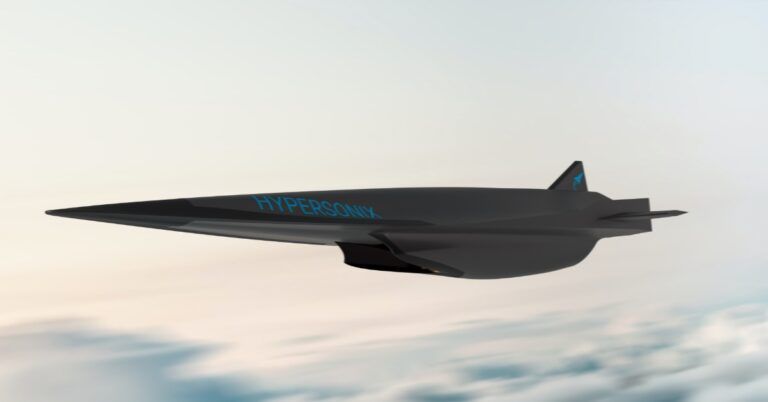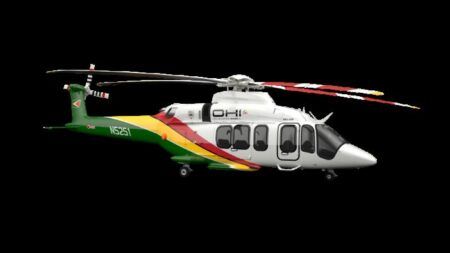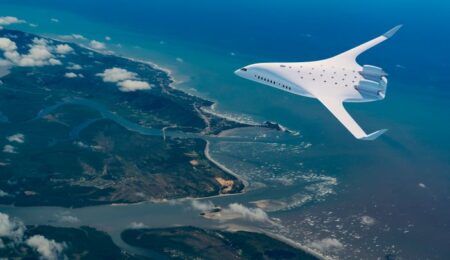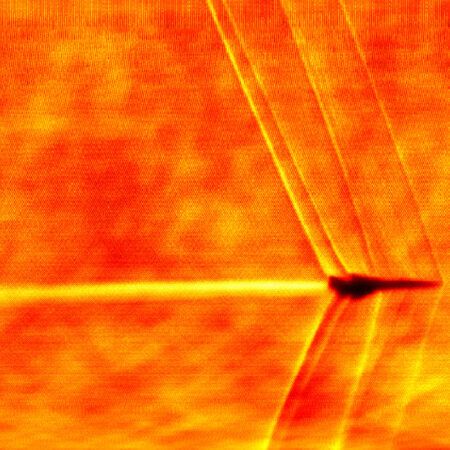US research agency the Defense Innovation Unit has recruited Australian company Hypersonix to supply a testing platform for hypersonic missiles.
Testing hypersonic weapons is currently limited to land- and sea-based test ranges and uses expensive, non-recoverable test firings run at a low cadence. Although these operationally-representative tests replicate the trajectory and velocity of hypersonic weapon systems, the slow nature of these tests has restricted the pace of hypersonic R&D, said the US Department of Defense (DOD).
The USA’s Silicon Valley-based Defense Innovation Unit (DIU) was set up in 2015 by the DOD to fast track the development of new technology from companies that do not usually supply to the defense sector.
The DIU launched the hypersonic and high-cadence testing capabilities (HyCAT) project last September. HyCAT aims to develop modern, low-cost, high cadence, dual-use airborne testing platforms able to provide data that accelerates the evaluation of potential hypersonic concepts and technologies, and mission sets.
More than 62 companies responded to a DIU call for proposals and the agency has selected the first two contracts.
Sydney, Australia-based Hypersonix Launch Systems is to develop an airborne testing vehicle that can maintain speeds above Mach 5 with a maneuverable/non-ballistic flight profile and at least a three minute flight duration with near-constant flight conditions.
Hypersonix is also working with the Australian Government to fly a hypersonic testbed this year. The company’s Dart vehicle is 3m (9ft) long and made by 3D printing high-temperature alloys. It will flight test the company’s hydrogen-fueled Spartan scramjet engine for the first time.
Spartan is a self-igniting re-usable engine that has been matured through 30 years of R&D and “more than 6,000 ground firings and 11 sub-orbital flights,” according to Hypersonix. US-based defense and aerospace company Kratos is supplying a rocket booster for Dart which will propel it to Mach 5, after which Spartan will ignite to produce speeds of up to Mach 12.
“Commercial companies are forging ahead towards reusable and low-cost test vehicles,” said Major Ryan Weed, a program manager in DIU’s space portfolio. “The HyCAT project represents a paradigm shift in viewing the hypersonic realm as a place for aircraft, not just missiles and weapons.”
A second contract has been awarded to San Bernardino, California Fenix Space to develop its reusable tow-launch platform, improving the efficiency and affordability of high-cadence test flights.
By initiating tests at high altitudes, the platform bypasses the most fuel-intensive phase of the launch process, reducing costs and offering increased flexibility in operating locations and schedule responsiveness, said the DIU.
Testing of the prototypes is planned to take place within the next 18 months.
The data and analyses resulting from the prototype tests will accelerate the evaluation of potential weapon system concepts, technologies, and mission sets said the DIU.
The DIU plans to issue more HyCAT projects in the next few months to support prototype testing of new hypersonic technologies.





